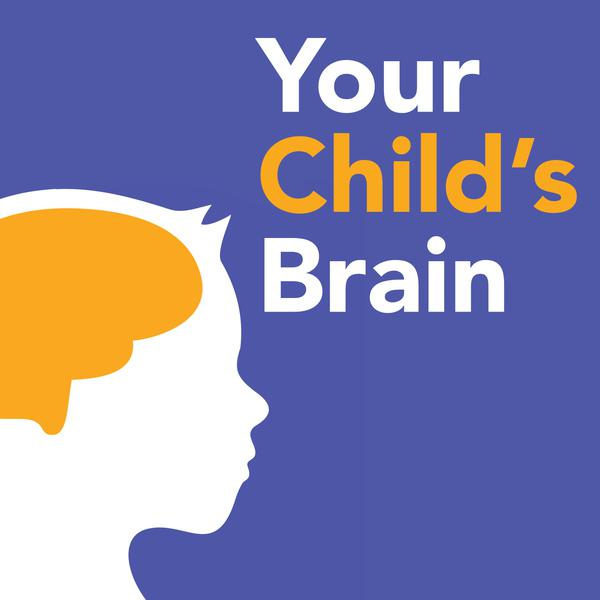
Your Child's Brain
WYPR Baltimore
<p>Each month <em>Your Child’s Brain</em> will bring together experts in child brain health, including researchers, educators, physicians and therapists as well as families to discuss contemporary topics about child and youth brain health and development.</p> <p><em>Your Child's Brain is produced by Kennedy Krieger Institute with assistance from WYPR.</em></p>
- More Episodes? Get the App